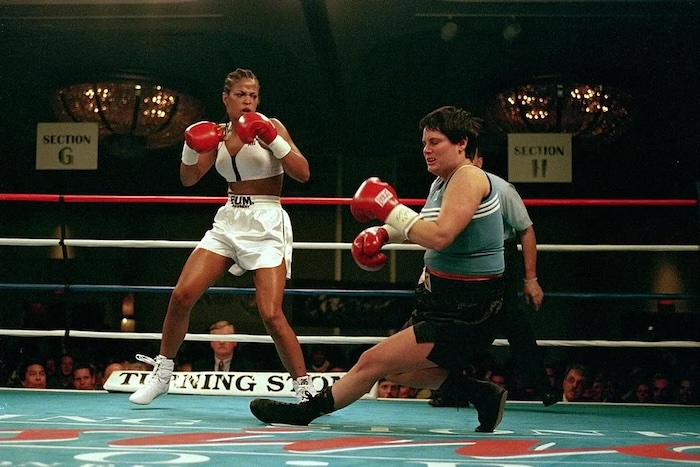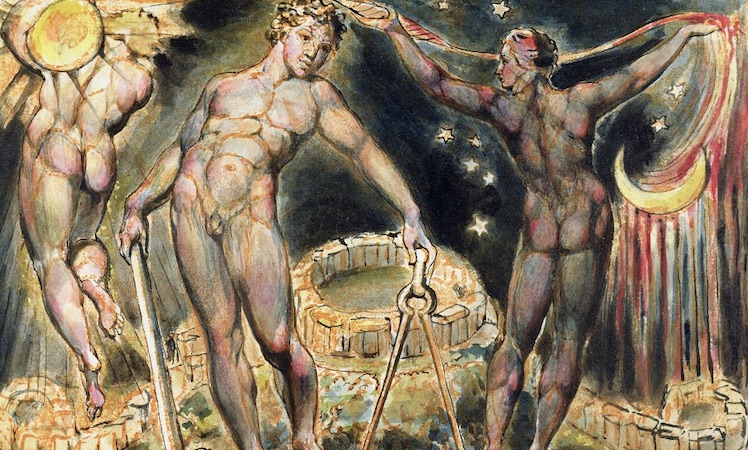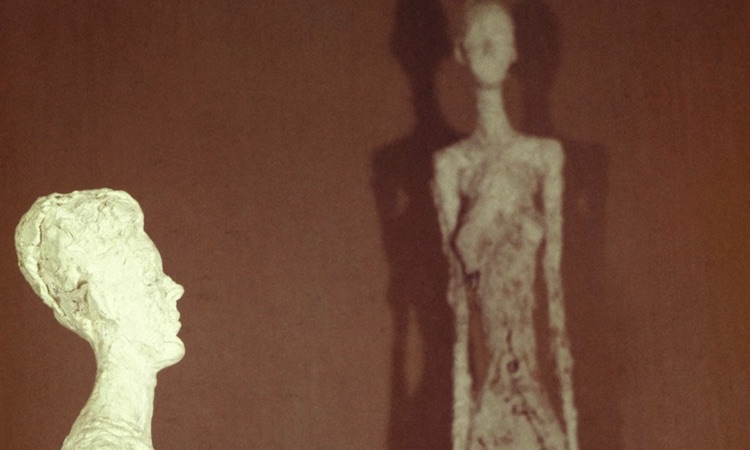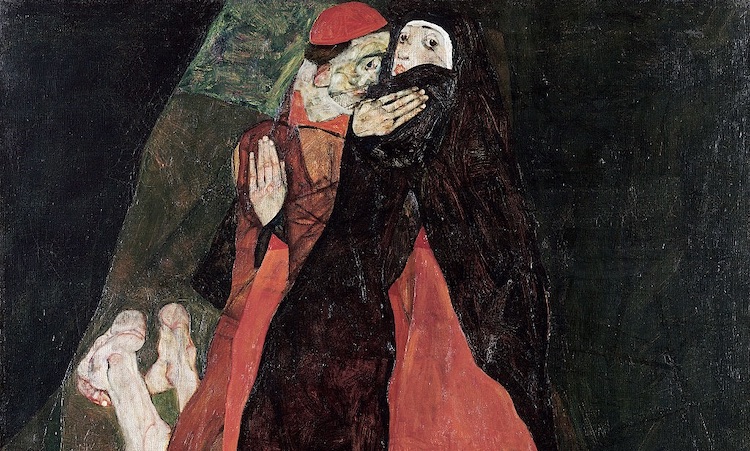
The Blind Spot: On Rita Bullwinkel’s Headshot
Boxing is the most honest of sports. The boxer, unlike the normal person, steps into the ring and willingly accepts that he’ll be punched in the face. Anyone can throw a punch at a heavy bag, but you’re not a boxer until you’ve eaten some punches and nodded like a demented little freak at the guy trying to take you out. Years ago, in the heat of my boxing fandom, I had my dad buy me a pair of gloves and I proceeded to throw jabs and hooks and uppercuts into the air. The great Mexican fighter, Julio César Chávez, was one of my heroes, and, so, for a brief interlude in the burgeoning days of my adolescent baseball career, I thought that I’d give boxing a go. I was already a jock, after all, so the transition would be easy. I was a tough kid, too. I’d watched hundreds of bouts alongside my dad, so, like a typical young man, I thought: I can do that. I can throw a punch. I can bob and weave and bounce off the ropes and attack my opponents with body shots and keep coming. I can surely take a punch.






